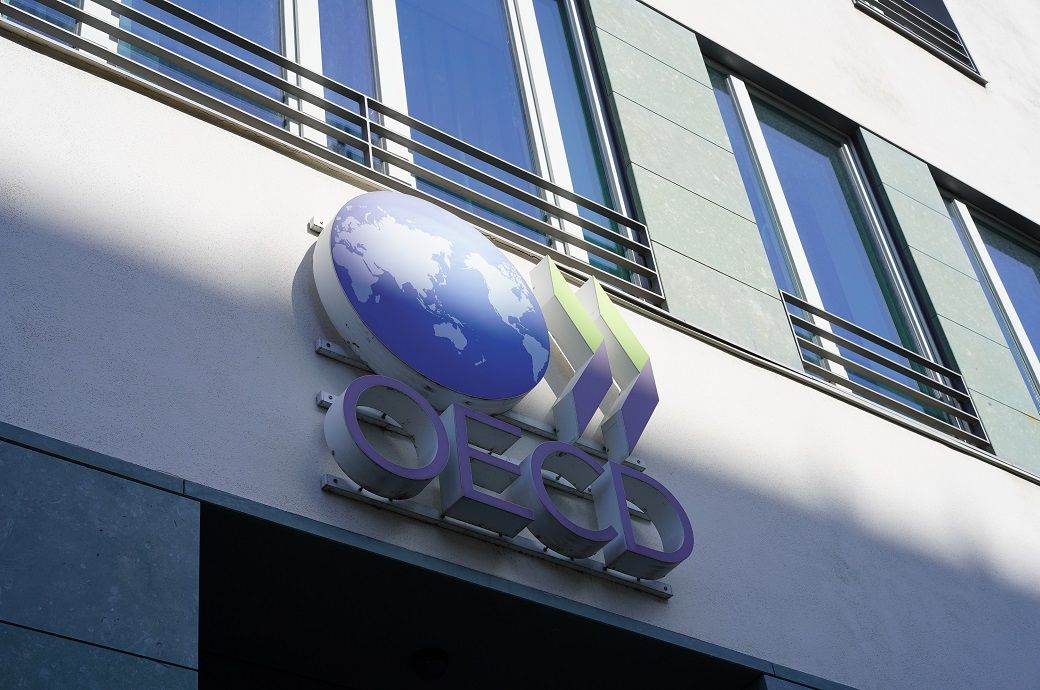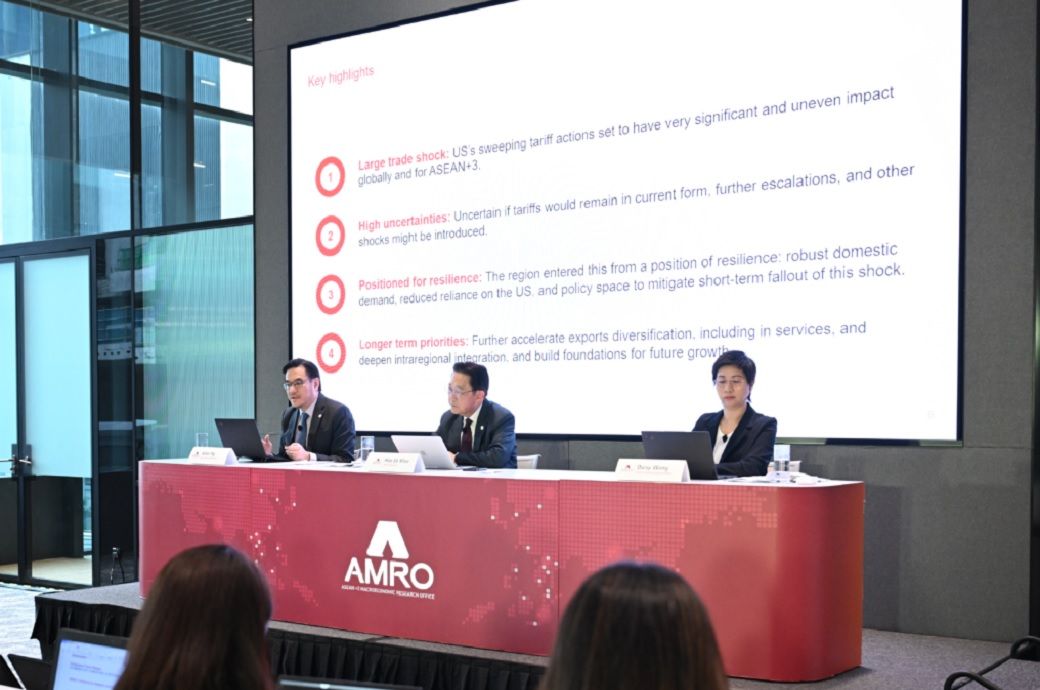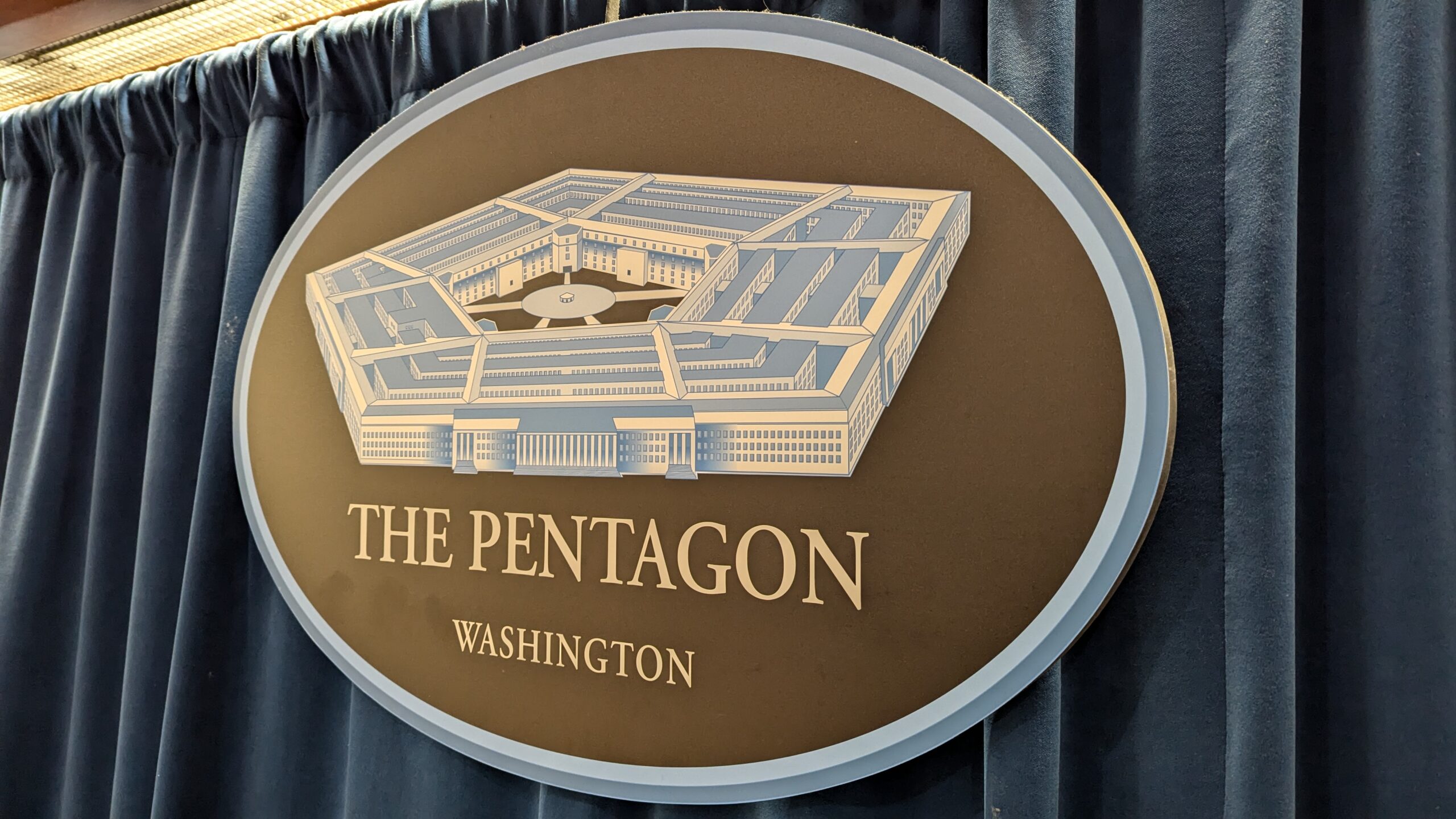Army expands access to encrypted Wickr platform in aim to curb insecure comms, bolster integration
The greater use of the Army-approved tech comes on the heels of the Signal-gate encrypted messaging controversy.


U.S. Army combat engineer Staff Sgt. Ryan Racz reviews his phone for team messages after a training iteration on an urban assault course featuring an Urban Operations Training System (UOTS) on Fort Cavazos, Texas, Oct. 23, 2024. (U.S. Army Reserve Photo by Master Sgt. Ray Boyington)
WASHINGTON — The Army has announced its Army Enterprise Wickr platform is expanding to a wider audience, allowing more users to send messages on the end-to-end encrypted messaging system to protect against adversarial breaches on American and allied communication systems.
Army Wickr operates in a Department of Defense IL5 environment — the highest security classification for unclassified information. Wickr, which was founded in 2011, was well known as a commercially available encryption service, alongside the likes of Signal, and was later bought by Amazon Web Services in June 2021. It became widely available for the Department of Defense in 2022 through the Pentagon’s One Cloud platform.
The platform is now officially ready to be widely adopted in the Army through the service’s Chief Information Officer’s Enterprise Cloud Management Agency (ECMA), the service wrote in a recent press release announcing the platform’s expansion.
“The Army faces a critical juncture in its tactical messaging and collaboration capabilities. End users need an easy-to-use, lightweight and secure platform for seamless communications to support joint, multinational and interagency interoperability during exercises and operations,” the release read. “Without these capabilities, users often choose unauthorized consumer applications for operational communications — applications that present substantial security and compliance risks and are often in violation of Army and DoD policy.”
The Army completed pilot programs over the summer with Wickr in collaboration with the 18th Airborne Corps, which was looking for a messaging application that could better fit its needs of integrating soldiers, foreign militaries, local personnel and other external partners in various mission scenarios, as reported by Federal News Network.
The proliferation of Wickr in the Army’s ranks comes on the heels of the “Signal-gate” scandal in which the editor-in-chief of The Atlantic magazine published a story saying he was accidentally added into a private Signal chat where Defense Secretary Pete Hegseth and other senior national security officials discussed operations to strike Houthi rebels in Yemen.
Though Signal, like Wickr, features end-to-end encryption and is widely regarded as a secure when used properly, national security experts have argued that sensitive military matters should not have been discussed over a commercial messaging system. Further, before “Signal-gate,” US diplomats in Ukraine’s capital city Kyiv were reprimanded for using Signal as it had the potential to violate legal obligations regarding the preservation of government records. (Signal features a setting allowing users to automatically delete messages after a certain amount of time.)
The Army said that its dedicated Wickr platform has “enterprise-level data retention” and other administrative controls that meet “recordkeeping requirements.”
Apart from providing an encrypted messaging application, the Army is also looking to integrate Army Wickr with its Army Vantage program, its Army Intelligence Data Platform and Mission Support Services.
The service said ECMA “continues to onboard new user requests on a rolling basis, contingent on mission priority.”









































































































































































